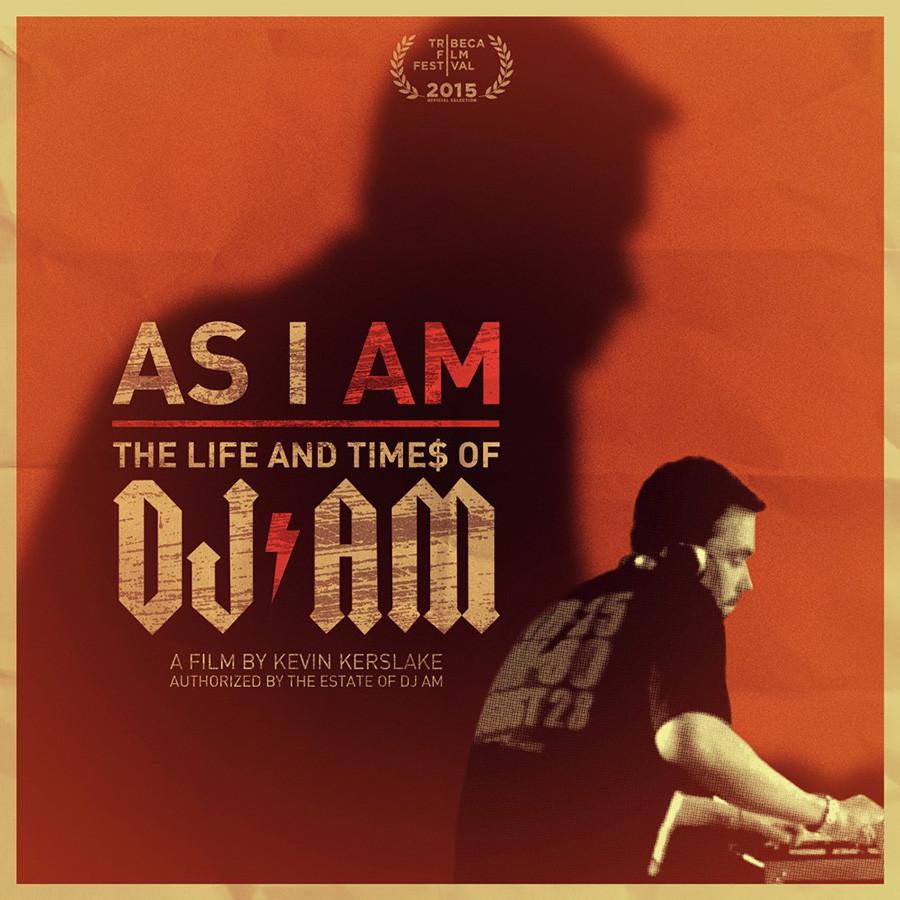Director discusses DJ AM documentary
Kerslake’s film, “As I AM: The Life and Times of DJ AM” premiered at this year’s Tribeca Film Festival.
April 28, 2015
At the peak of his career, DJ AM appeared to have it all, considering his successful career as a top-earning DJ who frequently performed at celebrity parties. However, DJ AM also struggled with a drug addiction that was exacerbated by the post-traumatic stress disorder from his 2008 plane crash. In the documentary “As I AM: The Life and Times of DJ AM,” director Kevin Kerslake, who spoke with WSN during the Tribeca Film Festival, depicts the challenges that the late AM faced and the efforts he made to help others.
WSN: What drew you to DJ AM’s story?
KK: I think there’s a sex, drugs and rock-and-roll aspect. With the more substantial parts of his story, AM had some issues, some personal demons, which he was wrestling with since he was very young. I think that how he overcame them and the effect that they had on him really transcended that gravitational pull of the more insidious components. That was really quite an achievement, especially because it also involved an incredible amount of work toward helping others in recovery.
WSN: In the film, DJ AM’s mom discusses his PTSD. What struck you most with how he handled the aftermath?
KK: I think the totality of it all. The fact that it was linked to a former problem of addiction had fatal consequences. Someone in the film frames it in a way that I thought was very telling, in that he said that it was
courageous — to get back on the plane and to get back to work, and also to do his show, “Gone Too Far,” which ultimately had too many triggers that he shouldn’t have been around. The bravery that AM exhibited really said something about him and how he used music to heal himself and to bring people together.
WSN: You mentioned that you see a lot of parallels between DJ AM’s life and Kurt Cobain’s life. Can you explain what parallels you see?
KK: The most obvious connection to Kurt’s life comes in two forms — fame and addiction. But, I think that drug addictions never arise out of healthy circumstances. The fact that both their problems started early just meant that they had a deep root. They were both incredibly self-aware and were very articulate about the things that they were going through. Unfortunately, you could talk about something, but that doesn’t mean you could necessarily control it. What they were so articulate about really turned on them. I know that they were both fearful of it and I think AM more so than Kurt, because he did so much work in recovery and in helping others.
WSN: You deal a lot with addiction and drugs in this film. Is it your hope that this film will start a lot of those difficult conversations about those topics?
KK: I do. There seem to be some commonalities among people who suffer from that condition. It’s really easy to dismiss people who are going through those things, but, they’re not considering the fact that no one wants to be in that position. They’re doing it because they had to turn to that to really medicate the pain. Where others are able to overcome it by other means, there are millions of people who haven’t been able to do that. We’re all in this together, on this planet, and I think that it’s distressing and dispiriting to see the lack of compassion. Hopefully, this will illuminate some of the issues.
A version of this article appeared in the Tuesday, April 28 print edition. Email Alexa Spieler at [email protected]


























































































































































